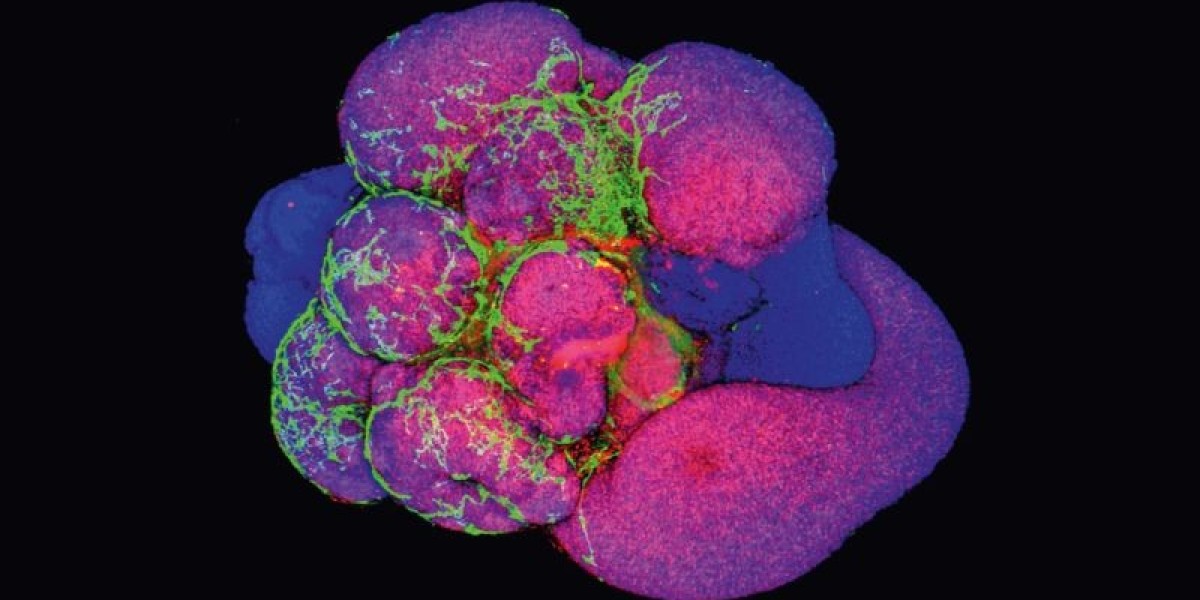The organoids market has emerged as a groundbreaking field offering novel solutions in disease modeling, drug discovery, and personalized medicine. Despite its transformative potential, the market is confronted with numerous challenges that affect its growth, scalability, and acceptance. These challenges range from technical limitations and financial constraints to regulatory uncertainties and ethical debates. A clear understanding of these obstacles is vital for stakeholders aiming to overcome them and advance the market sustainably.
Technical Variability and Reproducibility Issues
One of the foremost challenges in the organoids market is the variability observed in organoid generation and culture. Differences in protocols, cell sources, and culture conditions lead to inconsistencies in organoid size, cellular composition, and functional maturity. This variability undermines reproducibility, making it difficult to compare results across laboratories or replicate studies reliably. Lack of standardized methodologies poses hurdles for regulatory approval and limits confidence among pharmaceutical companies and researchers, slowing commercial adoption.
High Production Costs and Resource Intensity
The production and maintenance of organoids require expensive reagents, specialized culture media, and advanced laboratory equipment. Moreover, the process demands skilled personnel and significant time investment, contributing to elevated operational costs. These high costs restrict access, especially for smaller research institutions and startups in emerging markets. Without effective cost-reduction strategies, including automation and streamlined protocols, the organoids market risks limited scalability and slower penetration into routine research workflows.
Regulatory Uncertainties and Compliance Challenges
Regulatory frameworks for organoid technologies are still evolving, which creates uncertainty for developers and investors. Ambiguity regarding classification—whether organoids are considered biological products, medical devices, or research tools—complicates approval pathways. Inconsistent regulations across different countries further exacerbate compliance difficulties for companies aiming for global market entry. These regulatory challenges can delay product commercialization, increase costs, and deter investment, impacting overall market growth.
Ethical and Social Concerns
Ethical challenges represent a significant barrier in the organoids market. Organoids derived from human stem cells raise concerns about donor consent, privacy, and the potential misuse of genetic material. The possibility of developing organoids with neural functions introduces debates around consciousness and moral status. Public apprehension stemming from these ethical issues may influence funding decisions, policy-making, and societal acceptance. Addressing these concerns transparently through ethical guidelines and governance frameworks is essential for maintaining trust and facilitating market expansion.
Limited Awareness and Adoption Resistance
Despite increasing interest, many researchers, clinicians, and pharmaceutical companies remain unfamiliar with organoid technology or skeptical about its predictive accuracy compared to traditional models. This lack of awareness and confidence limits demand for organoid-based products and services. Educational initiatives, demonstrations of organoid utility, and clear communication of benefits are necessary to overcome resistance and drive wider adoption in both research and clinical environments.
Data Privacy and Security Risks
With the growing use of patient-derived organoids for personalized medicine, concerns over data privacy and security have intensified. Managing sensitive genetic and health data requires stringent protections against unauthorized access and breaches. Failure to safeguard such information can lead to legal ramifications, loss of public trust, and reputational damage. Implementing robust cybersecurity measures and adhering to global data protection regulations is critical to mitigate these risks and support ethical research practices.
Scalability and Manufacturing Challenges
Scaling organoid production from research to commercial volumes remains a complex challenge. Manual culture techniques are labor-intensive and prone to variability. Developing automated, high-throughput systems is technically demanding but necessary for large-scale drug screening and therapeutic applications. Ensuring consistent quality and functional performance at scale is essential to meet industry standards and regulatory expectations, but remains a significant hurdle for many market players.
Competitive Pressure and Intellectual Property Issues
The organoids market is highly competitive, with numerous startups and established companies racing to develop proprietary technologies and secure intellectual property. This competition can lead to patent disputes and barriers to collaboration. Smaller players may struggle to compete with well-funded firms, limiting innovation diversity. Navigating IP landscapes strategically and fostering open innovation where possible will be important for sustained progress.
Geopolitical and Economic Factors
External geopolitical and economic factors also influence the organoids market. Trade restrictions, economic downturns, and shifts in government funding priorities can disrupt research activities and supply chains. Regions with unstable political environments may face difficulties attracting investments and developing infrastructure. Such uncertainties add complexity to long-term planning and global market expansion.
Conclusion
While the organoids market holds great promise to revolutionize biomedical research and healthcare, it faces substantial challenges that must be addressed to unlock its full potential. Technical variability, high costs, regulatory ambiguities, and ethical concerns are among the primary obstacles impeding growth and widespread adoption. Overcoming these challenges through standardization, innovation, clear regulatory frameworks, and ethical governance will be key to advancing organoid technologies. Collaboration among stakeholders and sustained investment in research and infrastructure will drive the organoids market toward a successful and impactful future.







